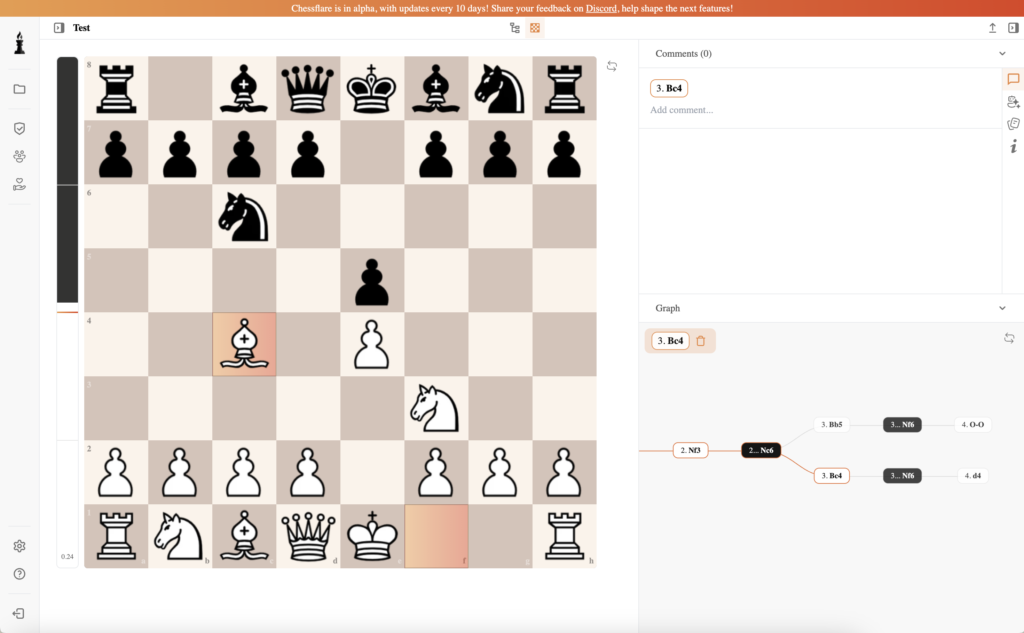A Master Emerging from the Baltic Region
Lionel Adalbert Bagration Felix Kieseritzky was born in 1806 in Dorpat, then part of the Russian Empire. Although he initially pursued mathematics and worked as a tutor, his deep fascination for chess soon overshadowed his other commitments. By the mid-1830s, he had become a recognized figure in Europe’s vibrant chess circles, showing an exceptional gift for tactics and creative play.
Life at the Café de la Régence
Seeking a broader stage for his talents, Kieseritzky settled in Paris, where the Café de la Régence stood as a beacon for top-tier chess. He not only challenged eminent rivals but also gave lessons, refining the strategic understanding of patrons who gathered to observe his skillful combinations. This period saw him engage in numerous memorable matches, including games that showcased his aggressive yet calculated style.
The Immortal Game
Despite facing many formidable opponents, Kieseritzky is best remembered for his encounter with Adolf Anderssen in 1851. Although he ultimately lost that celebrated match, it entered history as the Immortal Game. It exemplified a flamboyant approach to sacrifice and dynamic play that captivated enthusiasts. Kieseritzky’s willingness to push boundaries, even at the cost of defeat, helped elevate chess into the realm of artful competition.
Style and Contributions
Kieseritzky’s approach to chess was marked by creativity and resilience. He often ventured into sharp lines that tested both players’ tactical awareness. Over time, his writings and annotated games provided insight into 19th-century theory, helping to inspire future generations of masters. Although not as frequently cited as more dominant contemporaries, his legacy endures as a model of fearless originality.
A Legacy Beyond the Board
Like many prominent 19th-century masters, Kieseritzky faced financial challenges, eventually passing away in relative poverty. Yet the strategic ideas and flamboyant spirit he brought to chess remain influential. His role in some of the era’s most exciting battles highlights his dedication to a game he approached with both intellectual rigor and artistic flair.
Lionel Kieseritzky was a 19th-century chess master born in Dorpat, part of the Russian Empire. He became known for his imaginative tactics and significant contributions to the chess community, particularly during his time in Paris at the Café de la Régence.
Kieseritzky played a famous match against Adolf Anderssen in 1851 that became known as the Immortal Game. Despite losing, his bold sacrifices and creative style helped elevate the match to legendary status.
He was known for a dynamic, attacking style with a willingness to enter sharp lines. His annotated games highlight a keen tactical sense and a flair for unexpected sacrifices.
Though he faced financial hardship later in life, Kieseritzky’s approach to chess—marked by originality and risk-taking—continues to inspire. His influence persists through annotated games and the broader appreciation of bold, inventive play.

